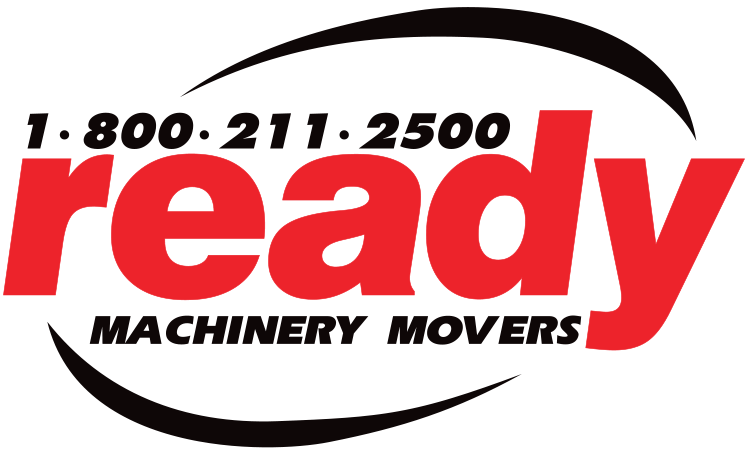In this blog we are sharing maintenance tips for heavy goods machinery.
Maintaining large, heavy machinery is a big undertaking which needs care and precision to deal with. Being proactive with regular heavy machinery maintenance is important to ensure overall safety and long term use of the machinery. It also helps to prevent any machine failures which could compromise safety or production. By staying on top of maintenance and having regular routine maintenance can make it easier to anticipate problems or machine failures before they happen.
No matter how powerful or consistent your machinery is, regularly checking in on them is useful and necessary.

Tips to keep your machine maintained to a great standard:
- Form a schedule and series of processes to carry out your machine maintenance
By creating a schedule and a process, it ensures that everyone is on the same page. Additionally, it helps to make sure that any issues with the machinery that could occur, are less likely to be missed since there is a general awareness of the potential failures/issues that could occur. Setting aside time once a few times a month or once a month to check everything is a great way to reduce risk occurring.
- Check all the moving parts of your machine
Machinery that is used often may result in parts becoming worn down or broken, which could affect the quality and efficiency of the machine. It could also compromise safety as loose or broken parts could dismantle from the machine resulting in larger parts falling, overheating or malfunctioning. Check each section of the machine and make sure any and all moving parts are lubricated, exactly where they should be and either fix as you go or alert someone who can fix it while you are there to oversee.
This then leads us into the next point; running demo tests.
- Run demo tests of the machine when it is not in use
By running demo tests, you can see exactly what needs resolving with the machine, enabling you to create predictions and processes to deal with them accordingly. These tests also help to quickly spot any potential breaks that can be fixed while in the demo phases, before the equipment is used for actual work.
- Keep the machinery clean
Clean machinery and equipment is vital for safe and efficient use. Create a weekly/monthly cleaning schedule so that it becomes a habit and stayed on top of. Check the floor area around the machinery for any debris which can be swept up. Also be sure to check that the mirrors are in the correct position and clean, and that there are no other species living in the cab who have moved in! Use appropriate cleaners on the machinery and double check to ensure they aren’t corrosive to the materials of the machines. Clean inside gaps, remove any residue that has built up over time and keep the moving parts lubricated.
- Ensure the conditions in the area where the machine is kept
Periodically check the area in which the equipment is kept/stored. Look for any damp patches, cracks that cold air can get through which could potentially ruin the tires or cause rust. If the machinery is not in use for some time, covering it with a tarp will help the overall condition of the equipment.
